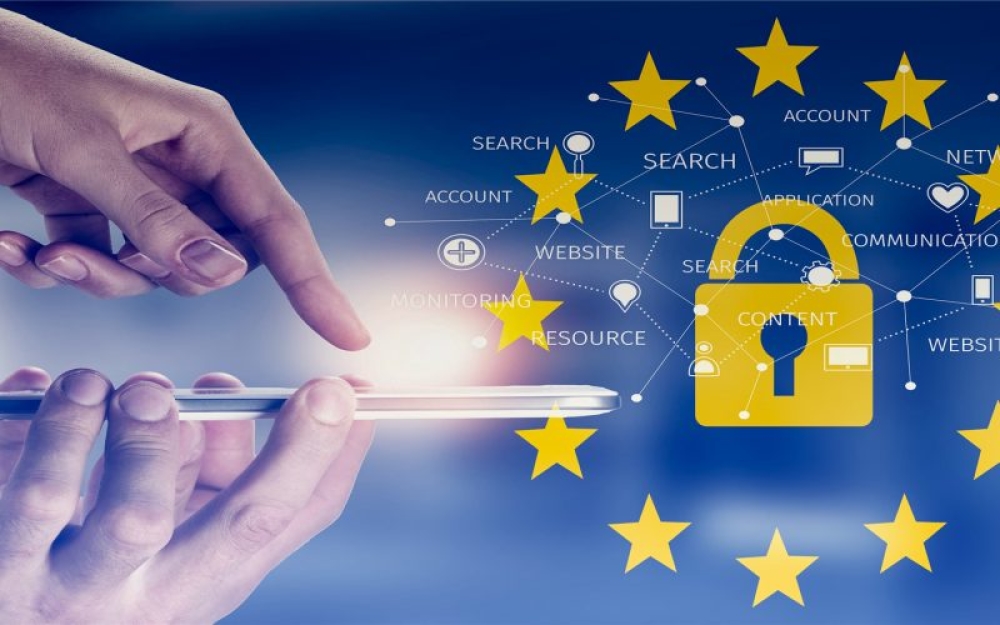Why GDPR Is Nothing To Fear
20 Jul 2018

But what does GDPR involve and how will it affect your business? Don’t worry. Despite some apocalyptic predictions, GDPR really isn’t the end of the world. We answer some of the main concerns people have below …
What will GDPR change?
The new regulations cover all types of personal data: everything from a person’s name, age, address and ethnicity to their political beliefs and sexual orientation. It applies to both online data plus information recorded manually so it’s extremely comprehensive.
Basically GDPR will strengthen the laws surrounding this data. It will give customers greater security, increase transparency, and outlaw cheeky practices like pre-ticking consent boxes. Meanwhile, individuals will have the right to access their data, rectify mistakes, or delete their details completely.
Why is GDPR needed?
Unfortunately there’s a lack of trust between companies and the public at the moment. People fear their details will be farmed out to third parties for profit or, worst still, end up in the hands of criminals.
GDPR will give people more certainty and help companies regain customers’ trust; therefore it’s got to be a good thing.
How should you prepare?
GDPR is all about improving the way personal details are stored and processed. You’ll need to get clear consent from customers to capture their data, and information must be used for ‘legitimate purposes’ that benefit the person involved e.g. customising and improving services.
We recommend thinking carefully about how you use data. Review your privacy notices, plan how you’re going to help people who want to access their details, and retrain you staff. You should also put someone in charge of data protection or even hire a Data Protection Officer.
Should you be worried?
GDPR is the biggest regulatory change marketers have seen in decades, and the fines for non-compliance can rise to a whopping £17 million. However, there’s no need to run and hide in your office’s basement. As long as you get the data owner’s consent – people must actively opt-in and be given the chance to opt out – then you shouldn’t have problems if you store their details securely.
Consider tweaking your marketing strategies too. Because processing data for direct mail is considered a ‘legitimate interest’, it’s largely unaffected by the new ePrivacy regulations; therefore it suddenly has extra advantages.
Is direct mail the answer?
Traditional letters have always been more reliable than emails. Whereas people might have multiple email addresses they rarely check, they usually only have one postal address. What’s more, there’s nothing like the personal touch that direct mail brings. Letters take extra effort so customers know they’re valued.
Technology is also helping direct mail rather than hindering it. Barcoding allows for message sequencing, and a well-written letter is often an effective first step in an integrated marketing campaign. Door-drops are a particularly good way to target certain demographics without relying on data. You can tell a lot from someone’s postcode.
The future’s bright
GDPR is best seen as an opportunity not a threat. It might take some adjustment but it’s a great chance to re-establish trust and build relationships with customers. The Direct Marketing Association (DMA) even suggests putting data protection at the heart of your brand.
Direct mail can also help you minimise the impact of GDPR because it’s subject to fewer regulations than electronic marketing.
Don’t hesitate to contact us if you have any questions about GDPR. You can also visit the Data Protection Network for invaluable advice. The new regulations will seem far less daunting when you’ve got a hand to hold.

Please login to comment.
Comments